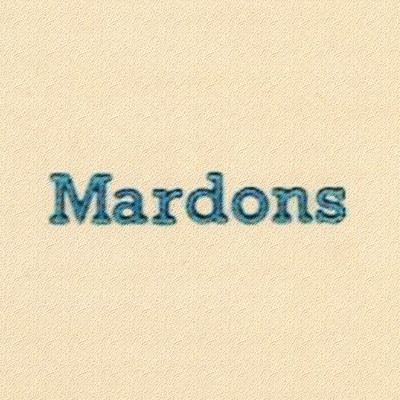Mardons
Настоящее имя: Mardons
UK Printer
MARDON’S started out in 1823 when John Price established a small printing and engraving business, which moved to Bristol in 1829. The business was nearly destroyed in 1831 during the Bristol riots. In 1846, Price’s business partner John Harris invited his brother-in-law James Mardon to join the firm. James Mardon purchased two lithographic presses in 1849 and together with his son Heber Mardon the family firm grew into a large printing and packaging business. In the 1860s, the firm became known as Mardon, Son and Hall, and referred to as Mardon's or Mardons. Mardon printed cheque books for Stuckey's Bank and share certificates for concerns like the Bristol and Exeter Railway. By the end of the century, the firm had acquired lithographic presses and was doing a vast amount of work for Wills, the tobacco manufacturers.In 1897 Mardons built a new factory in Temple Gate which they called the Caxton Works.
Mardons were acquired by the Imperial Tobacco Company in 1902 and became responsible for the production of most of their cigarette cards. During the early 1930s they also became involved in the manufacture of playing cards - both patience and standard sizes - which were used in cigarette promotions. In the 1930’s Mardon employed in excess of 5,000 people over 13 factories across Bristol. In addition to cigarette cards, they printed cardboard packaging, such as Mr Kipling Apple pies, as well as corrugated paper, postage stamps, and sleeves for vinyl records.
The Second World War caused considerable havoc among Bristol printing houses, many of which were situated in the older part of the city which was heavily bombed. Mardons lost ten of its thirteen factories and warehouses around Temple Gate. Ten of Mardon's staff were killed in the Blitz, and a further sixty-eight were on active service or in the mines.
in 1962 Mardon Packaging International Ltd (initially named "Mardon International Ltd") was established as a cigarette packaging firm formed from 5 smaller packaging companies in a joint venture between Imperial Tobacco and British American Tobacco Ltd (BAT). Mardon produced a wide variety of commodities, ranging from cigarette packs to general printing, plastic bottles and paper cups.
In 1971, William Thyne & Co was taken over by Mardon Packaging.
In Jul.1985, BAT Industries agreed to a leveraged buyout of Mardon Packaging International Ltd by Mardon executives, and Canadian and British investors
